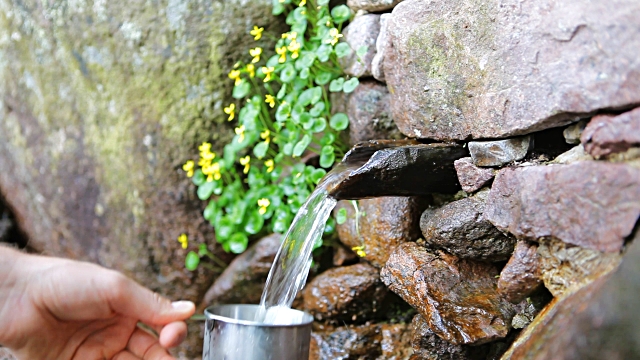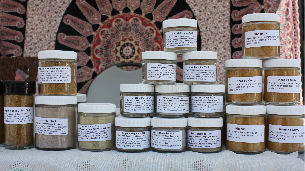Understanding and Overcoming Dehydration

Symptoms of Dehydration
- Darker urine
The usual color of the urine should be light yellow- amber. But when your body needs water, your kidneys excrete waste products in your urine like proteins, toxins and blood cells and all of them make the urine darker. Your urine may become darker after consuming some medications, food coloring, asparagus, blackberries, beets or B- vitamins.
- Reduced urine output
Six to seven times is the number of times people urinate on a daily bases. But if there isn't enough water in the body, there is going to be less fluid that can replace the excreted body fluids and the kidneys are going to keep fluid as much as they can so they can prevent dehydration.
- Constipation
This condition is caused when there isn't enough water in the body and in that case the body absorbs the water from every part of the body, including from the colon. If there is no sufficient amount of water in the large intestines it leads to harder stools. If you want to prevent and treat constipation then drink a lot of water.
- Dry skin and more defined wrinkles
Dehydration may lead to sensitive, itching, inflamed and irritated skin. In some cases the skin bleeds and becomes red with cracks. Also the lack of water leads to appearance of wrinkles.
- Hunger
The brain's part – hypothalamus which is responsible for the regulation of thirst and hunger gets confused because when the organism needs water it causes hunger. So, drink water instead of eating a snack because it might result with weight gain and caloric intake.
- Feeling thirsty and dry mouth
If you feel thirsty for water then that is a sign that your body is slightly dehydrated. Also another sign of body dehydration is the dry mouth.
- Headaches
If there is not enough intake of water, the body is going to absorb water from the tissues to compensate for the lack of fluids and because of that the tissue of the brain loses its shrinks and moisture and pulls away from the skull. This condition triggers the receptors of pain and that results in a headache. Also the blood volume drops reducing the oxygen amount being carried to the brain and in response, the brain's blood vessels will dilate and your headache will intensify.
- Fatigue
A mild dehydration can lower the energy and cause tiredness and fatigue, according to a study in 2011. When the body needs water, our heart needs to work harder in order to push the oxygen and the nutrients through the body. When you feel tired, you should skip the coffee because it is dehydrating and instead of that drink water. Do not substitute water with sport drinks, soda, black tea and coffee.
- Pain in the joints
The water works as a lubricant to our joints and it allows the bones to slide over each other. If there is not enough water intake the joints will become nutrient deficient and that can lead to damage of the cartilage cells. If you are in lack of water for longer period, the cartilage will degenerate beyond repair.
- Weaken immune system
The lack of water increases the toxin concentration in the blood and that weakens the immune system. Drink enough amount of water in order to eliminate the toxins and help your immune system to fight against infections.
You should also reduce the consumption of juice and coffee because they dehydrate your body because of their sugar and caffeine content.

















